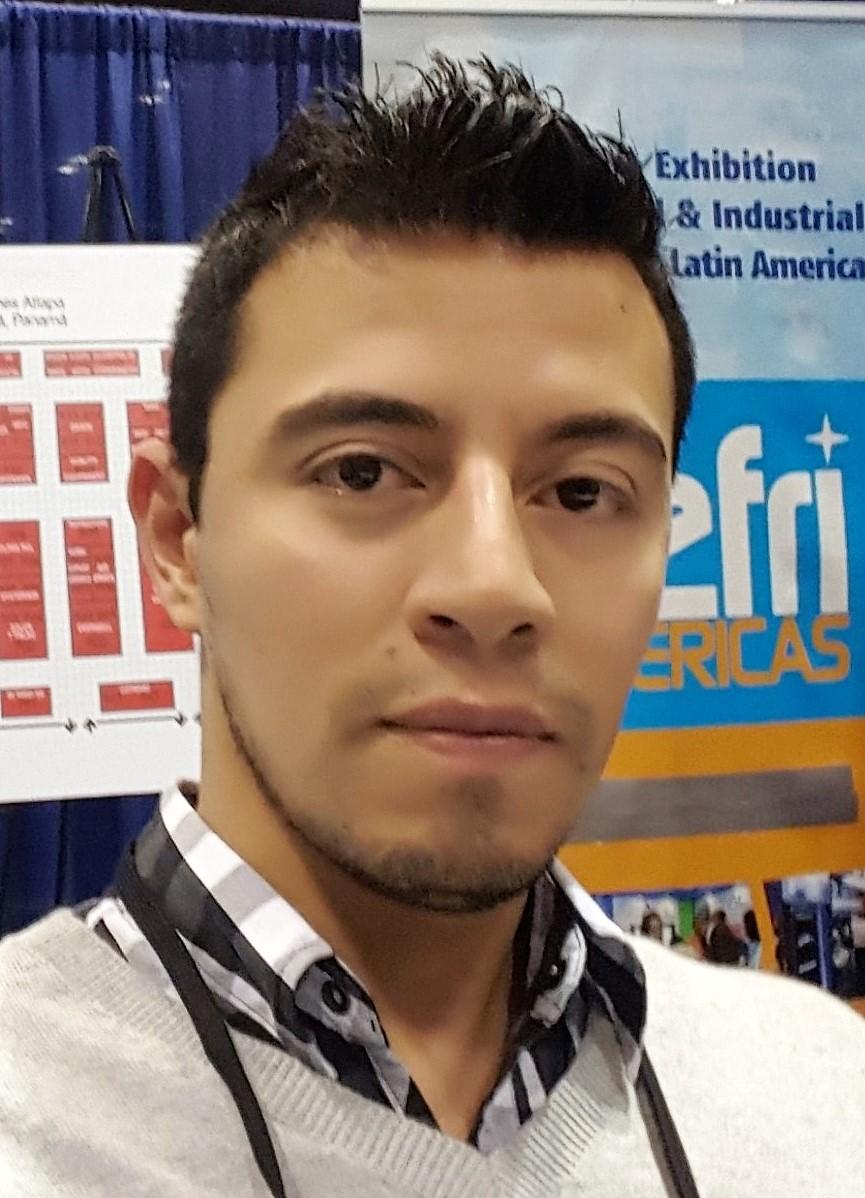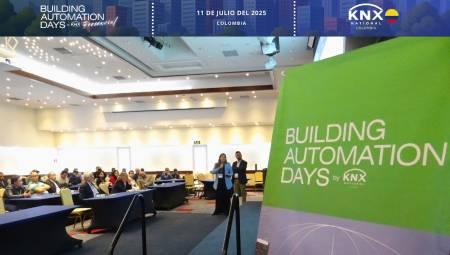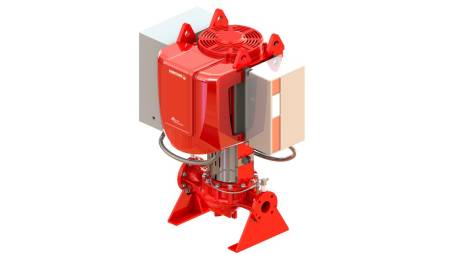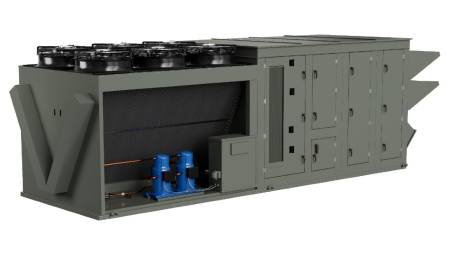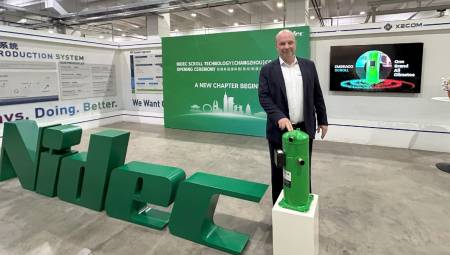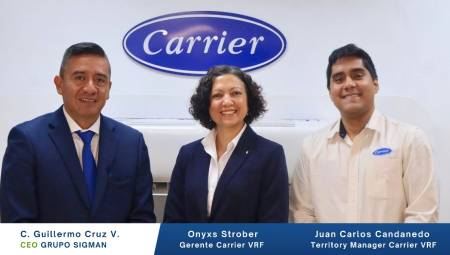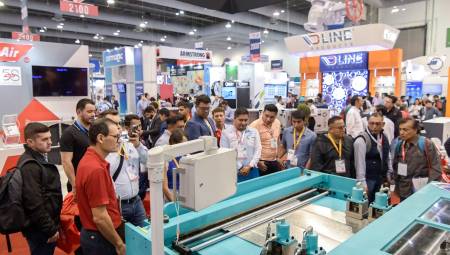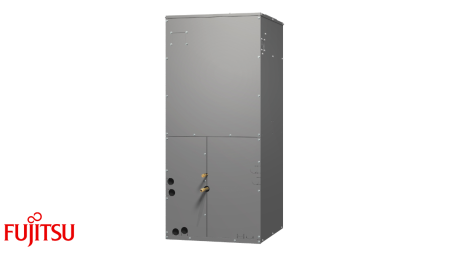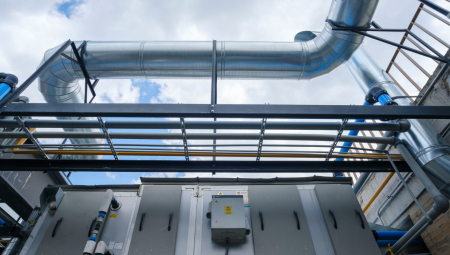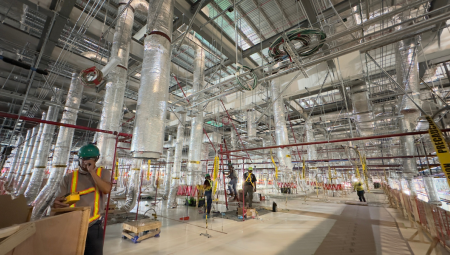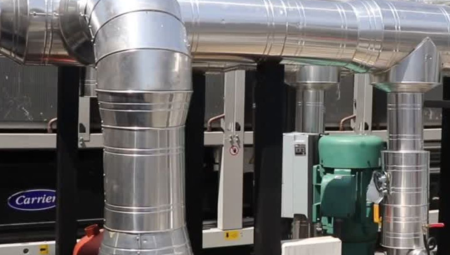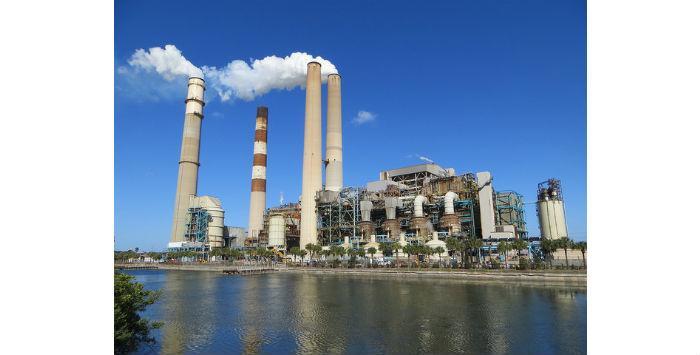 United States. A new project led by the Department of Energy's Lawrence Berkeley National Laboratory (Berkeley Lab) seeks to efficiently capture waste heat and convert it to electricity, potentially saving California up to $385 million a year.
United States. A new project led by the Department of Energy's Lawrence Berkeley National Laboratory (Berkeley Lab) seeks to efficiently capture waste heat and convert it to electricity, potentially saving California up to $385 million a year.
With a $2 million grant from the California Energy Commission (CEC), Berkeley Lab is partnering with Alphabet Energy to create a cost-effective thermoelectric heat recovery system to reduce both energy use in the industrial sector and electricity-related carbon emissions. ICF International estimates that this system could save California 3.2 million megawatt-hours a year in power, while increasing electrical reliability. The funding comes from the CEC's Electric Program Investment Charging Program (EPIC), which funds clean energy innovation to reduce pollution, foster economic development, and meet the state's climate goals.
Industrial plants, such as power plants, cement plants, mining and manufacturing facilities, and oil and gas operations have more than 763 megawatts (MW) of waste heat electricity generating potential in California, and the national potential is approximately 15,000 MW. However, most current thermoelectric materials are limited by several factors, including high cost, low efficiency, and the inability to operate reliably at temperatures above 400°C.
The Berkeley lab's new project, co-led by Prasher and Vi Rapp, a mechanical research scientist in the area of energy technologies, is working to overcome these barriers. In collaboration with Alphabet Energy, they will develop a cost-effective process to create an advanced thermoelectric material built from silicon nanowire arrays.
Thermoelectrics collect exhaust heat from engines, furnaces and other waste heat sources and convert it into useful energy without generating further greenhouse gas emissions. Commercially available thermoelectric plants achieve less than 5 percent efficiency in converting heat into electricity. The technology has already seen some market traction in the oil and gas and automotive industries.
Alphabet Energy is a Hayward, California, startup that launched in 2009 using nanotechnology licensed from Berkeley Lab. They are developing advanced thermoelectric materials based on silicon nanowires with conversion efficiencies of 10 percent or more and the ability to operate at temperatures up to 800 degrees Celsius.
Source: Berkeley Lab


